The International Institute for Middle-East and Balkan Studies (IFIMES) in Ljubljana, Slovenia, regularly analyses events in the Middle East and the Balkans. IFIMES has prepared an analysis of the current political situation in Macedonia and carried out a public opinion poll in that country in the light of the forthcoming referendum on Macedonia-Greece ‘name’ agreement that will be held on 30 September 2018. The most interesting sections from the comprehensive analysis entitled “Macedonia 2018 referendum: Macedonia to choose between (self)isolation and Euro-Atlantic future?” are published below.
The Republic of Macedonia and the Republic of Greececoncluded the historic agreement on name change on 17 June 2018. The accord to change the name of the Republic of Macedonia to Republic of North Macedonia or, short, North Macedonia was signed on the Greek side of the Prespa Lake by Macedonian and Greek foreign ministers Nikola Dimitrov and Nikos Kotzias, respectively, and co-signed by the long-term UN envoy for the name dispute Matthew Nimetz.
The signing ceremony was attended by Macedonian Prime Minister Zoran Zaev, Greek Prime Minister Alexis Tsipras, High Representative of the European Union for Foreign Affairs and Security Policy Federica Mogherini, Commissioner for European Neighbourhood Policy and Enlargement Johannes Hahn and the United Nations Under-Secretary-General for Political Affairs Rosemary DiCarlo.
Article 1(4) of the name agreement provides the possibility to hold a referendum on the agreement. The Republic of Macedonia decided to call a consultative referendum to be held on 30 September 2018. The referendum question will be: “Are you in favour of EU and NATO membership, and thereby accepting the name agreement between the Republic of Macedonia and the Republic of Greece?”
There are in total 1.806,336 registered voters, of which 1,725,913 will cast their votes in Macedonia.
The last century was very turbulent for Macedonia and its people. One of the landmarks in Macedonian history was the Ilinden uprising against the Ottomans in 1903. During World War 2 (in 1944) the Anti-Fascist Assembly for the National Liberation of Macedonia (ASNOM) set the foundations of the Socialist Republic of Macedonia as an equal unit of the People's Federal Republic of Yugoslavia. Following the disintegration of Yugoslavia in 1991 a referendum on independence was held, which paved the way for the independent and sovereign Republic of Macedonia. The majority of countries all over the world recognised the new country under this name. However, problems with its name arose soon after the proclamation of independence. The Republic of Greece considered that the name interferes with the very essence of Greek history and identity since it is the same as the name of the northern Greece region of Macedonia which covers almost a quarter of the Greek territory. Greece thus blocked Macedonia's road to membership in NATO and the EU. Consequently, the name Former Yugoslav Republic of Macedonia (RYRM) was used in international politics. With the signing of the Final Agreement between Macedonia and Greece, the Interim Accord from 1995 ceased to be valid and the UN Security Council resolutions 817 and 845 (1993) on settlement of the differences were rescinded .
The Prespa Agreement from 17 June 2018 established the strategic partnership between Macedonia and Greece and opened a new possibility for the final resolution of the name dispute. Macedonian parliament (Sobranie) ratified the signed agreement and called a consultative referendum to be held on 30 September 2018. The successful referendum will be followed by constitutional changes required for the approval of the new formal name of the Republic of North Macedonia The signed agreement confirms the continuity of Macedonia's statehood and the ethnic nationality of its people and recognises its language, culture and identity. The country will thus consolidate its statehood and confirm the identity of Macedonians as a nation. The signed agreement contains all the necessary elements that guarantee the existence of the modern Macedonian state and confirm Macedonians as its nation.
Macedonia is located at a unique geopolitical crossroads where different interests are intertwining. On the inner political scene, the VMRO-DPMNE opposition party, which had not managed to resolve the name dispute with Greece during 11 years of its government, is now opposing the signed agreement and trying to boycott the referendum in any possible way. Officially VMRO-DPMNE expresses the position that everyone should vote their conscience at the forthcoming referendum. However, the party's founders, being aware of the historical opportunity that only happens once in a hundred years and should not be wasted, have publicly called the citizens to turn out at the referendum and vote IN FAVOUR of the signed agreement. Also other high officials from VMRO-DPMNE, including its new political star Mitko Jančev, vice-president of the party and Mayor of the Kavadarci municipality, have called the citizens to turn out at the referendum. After the democratic change of the regime led by the Nikola Gruevski – Sašo Mijalkov tandem and based on the general national movement called the "Colourful Revolution", the new Macedonian government led by Prime Minister Zoran Zaev was formed. With the fall of the former regime, the people of Macedonia were no longer afraid to express their will freely and democratically. Absurdly, certain individuals are calling for a boycott of the referendum while at the same time they support Macedonia's accession to NATO and the EU. VMRO-DPMNE is a member of the European People's Party (EPP) – the largest political party within EU institutions – which has also expressed strong support for the referendum.
The government of the Republic of Macedonia and Zoran Zaev enjoy the strongest international support any government in the region has ever enjoyed since the disintegration of SFRY. This represents a very important momentum that should be exploited in order to finally achieve prosperity in Macedonia and the region. A proof of that are frequent visits by highest representatives of states and the international community, among other German Chancellor Angela Merkel, NATO Secretary General Jens Stoltenberg, High Representative of the European Union for Foreign Affairs and Security Policy Federica Mogherini, British Prime Minister Theresa May, United States Secretary of Defense James Mattis, Austrian Chancellor Sebastian Kurz and many other high officials.
In addition to certain internal factors, Macedonia's key challenges in view of the forthcoming referendum are coming from abroad. Serbia and Russia have officially stated their objection to Macedonia's membership in NATO. Consequently the two countries have increased the presence of their security-intelligence apparatus in Macedonia with the aim to destabilise the situation before the forthcoming referendum. It is not a coincidence that Serbia's Prime Minister Aleksandar Vučić has initiated the idea on changing the border, exchanging the territories and allegedly resolving the everlasting Albanian-Serbian conflict. His real intention is to prevent the successful referendum in this multi-ethnic state and to impede its membership in NATO. A strong hacker attack on Macedonia is expected with the aim to change the will of the citizens and prevent the successful result of the referendum. Moreover, since a successful referendum will be followed by the long-expected canonical recognition of Macedonian Orthodox Church, this is another key reason why Serbia and Russia are trying to prevent the successful referendum.
Another worrying fact is the open functioning of the Serbian-Russian Humanitarian Centre in Niš, in the vicinity of Macedonian-Serbian border, which actually represents the first Russian military base in the territory of Serbia and thus a direct threat to the national security of Macedonia and Kosovo. Instead of withdrawing its security-intelligence apparatus from Macedonia, Serbia has further strengthened it.
This is confirmed by the fact that Serbia has appointed the controversial diplomat and former BIA (Serbian Security Information Agency) director Rade Bulatović as its new ambassador to Macedonia. Former security adviser at Serbia's Embassy in Skopje and BIA's deputy director Goran Živaljević was present in numerous incidents in Macedonia, notably during the attack in Macedonian Parliament on 27 April 2017 when Zoran Zaev and some of his colleagues were attacked in an assassination attempt. . The Belgrade regime had tight connections with the regime of Nikola Gruevski and Saša Mijalkov, and those connections are still strong today.
Analysts believe that the referendum held on 30 September 2018, if successful, will represent the conclusion of the international establishment of the Republic of Macedonia and thus enable its membership in the prestige state clubs such as NATO and the EU. This will open the door to canonical recognition of Macedonian Orthodox Church and correction of historical injustice it has suffered, bearing in mind that this year theArchbishopric of Ohrid celebrates the 1000th anniversary of its founding. At the referendum the citizens of Macedonia will decide whether they want to live in (self)isolation or ensure themselves a bright and secure Euro-Atlantic future through EU and NATO membership.Following the recent official invitation Macedonia will become the 30th member once all the planned proceedings are carried out. This may happen already next year when NATO celebrates its anniversary, depending on how long the ratification procedure lasts.
The IFIMES International Institute carried out a public opinion poll in the period from 1st to 10th September 2018 on the territory of the Republic of Macedonia (in all six constituencies) using the in-depth field interview method. The standard deviation was +/-3. Control was carried out per 10% of the sample. The degree of reliability was 95%.
The random three-stage sample was used of 1,218 respondents who are male and female citizens of the Republic of Macedonia of lawful age. 72 randomly selected respondents refused to participate in the survey while 46 respondents did not comply with the defined sample. Demographic data was obtained from the State Statistical Office of the Republic of Macedonia. The structure of respondents from urban and non-urban areas has been harmonised approximately. The ethnic, sexual, age, social and educational structure of the respondents resembles the structure of the population of the Republic of Macedonia on the basis of the data from State Statistical Office of the Republic of Macedonia. The answers to the most relevant and interesting questions are presented below.
1. Do you support the Republic of Macedonia's accession to the EU?
- YES 83,2%
- NO 6,9%
- UNDECIDED 9,9%
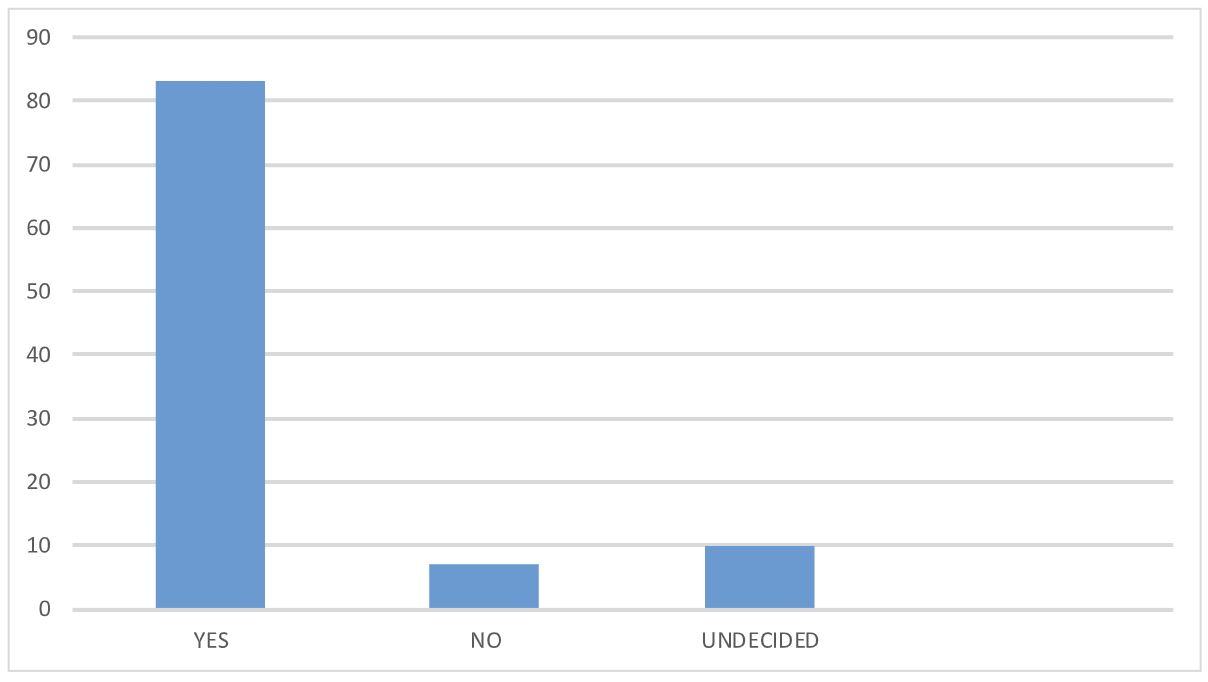
2. Do you support the Republic of Macedonia's accession to NATO?
- YES 78,4%
- NO 9,3%
- UNDECIDED 12,3%
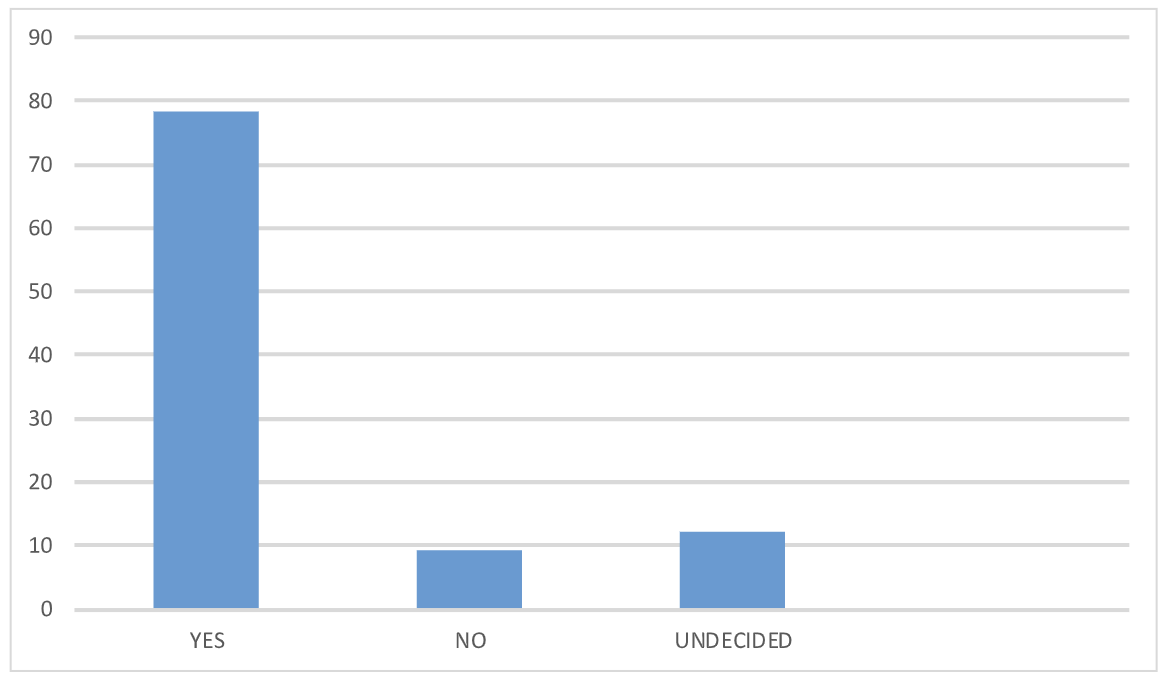
3. Are you in favour of EU and NATO membership, and thereby accepting the name agreement of 17 June 2018 between the Republic of Macedonia and the Republic of Greece?
- YES 67,3%
- NO 16,4%
- UNDECIDED 10,3%
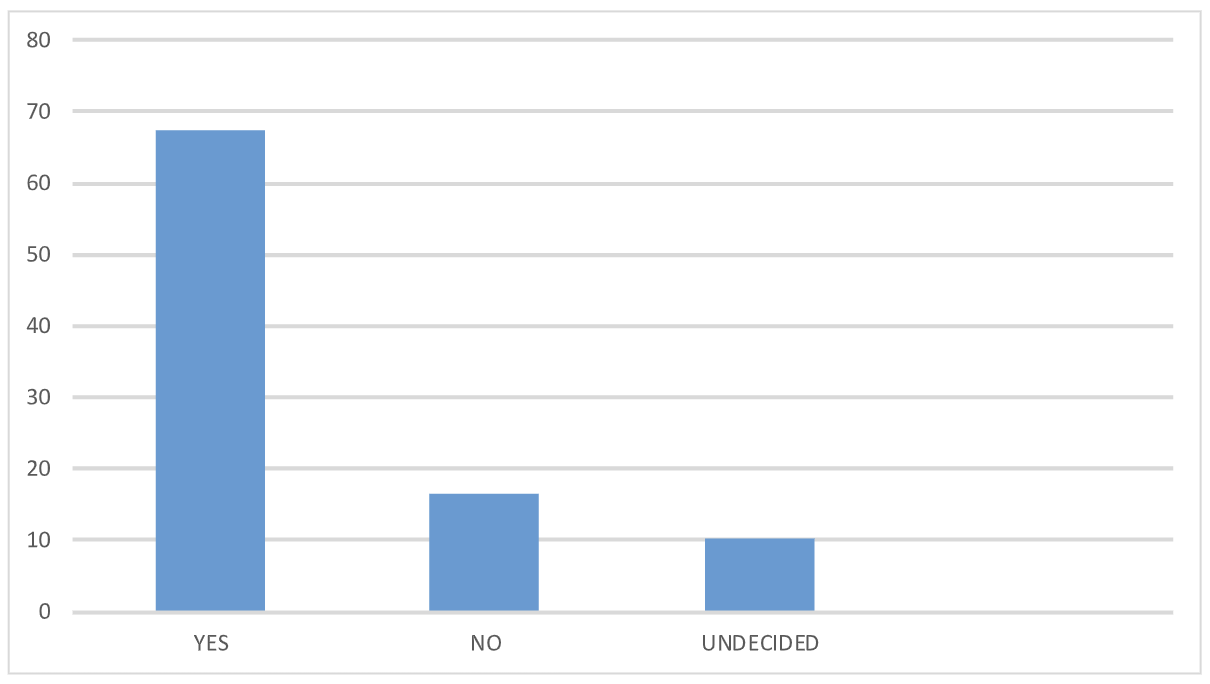
4. Are you going to turn out at the referendum scheduled for 30 September 2018?
- YES 63,6%
- NO 17,4%
- UNDECIDED 19,0%
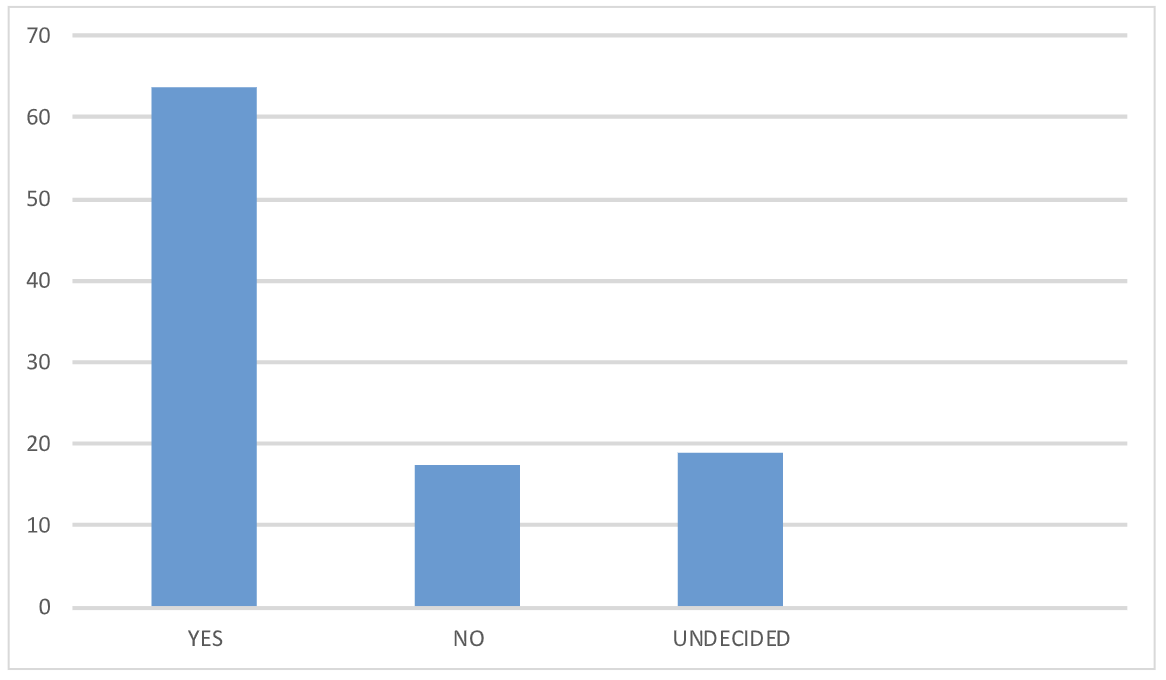
5. How would you assess the actions of the Republic of Serbia, especially Aleksandar Vučić and Ivica Dačić, towards Macedonia and its incumbent government?
- POSITIVELY 29,1%
- NEGATIVELY 58,3%
- UNDECIDED 12,6%
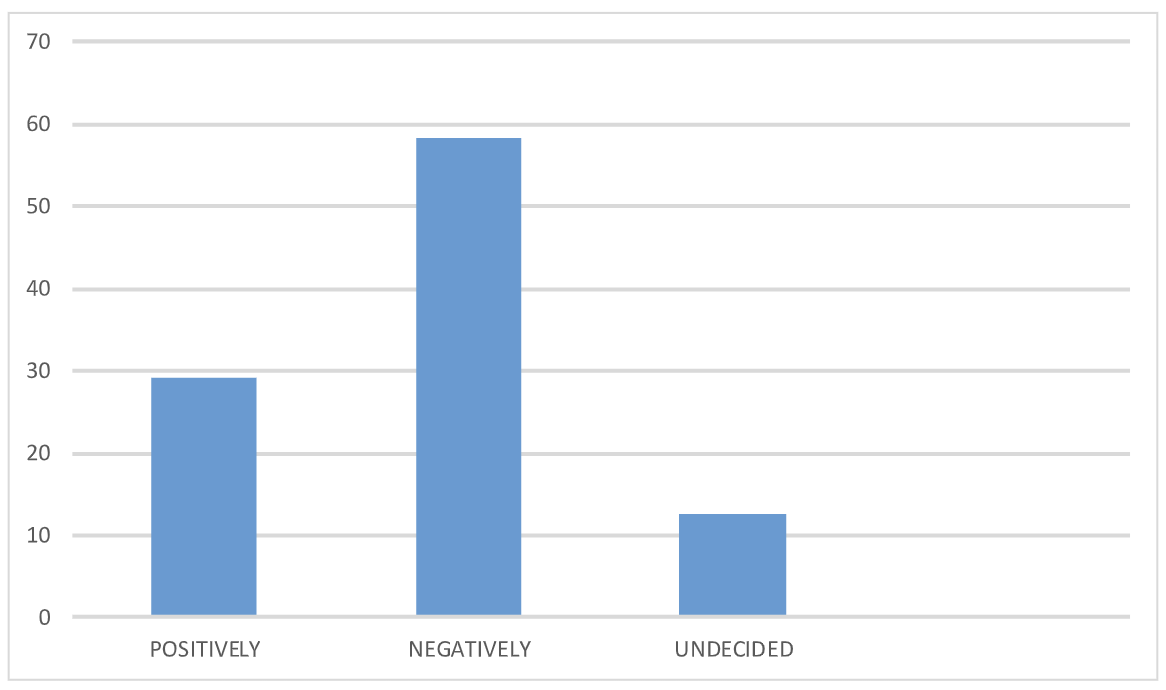
6. How would you assess the activities and efforts of the President of the Republic of Macedonia Gjorge Ivanov?
- POSITIVELY 9,4%
- NEGATIVELY 74,2%
- UNDECIDED 16,4%
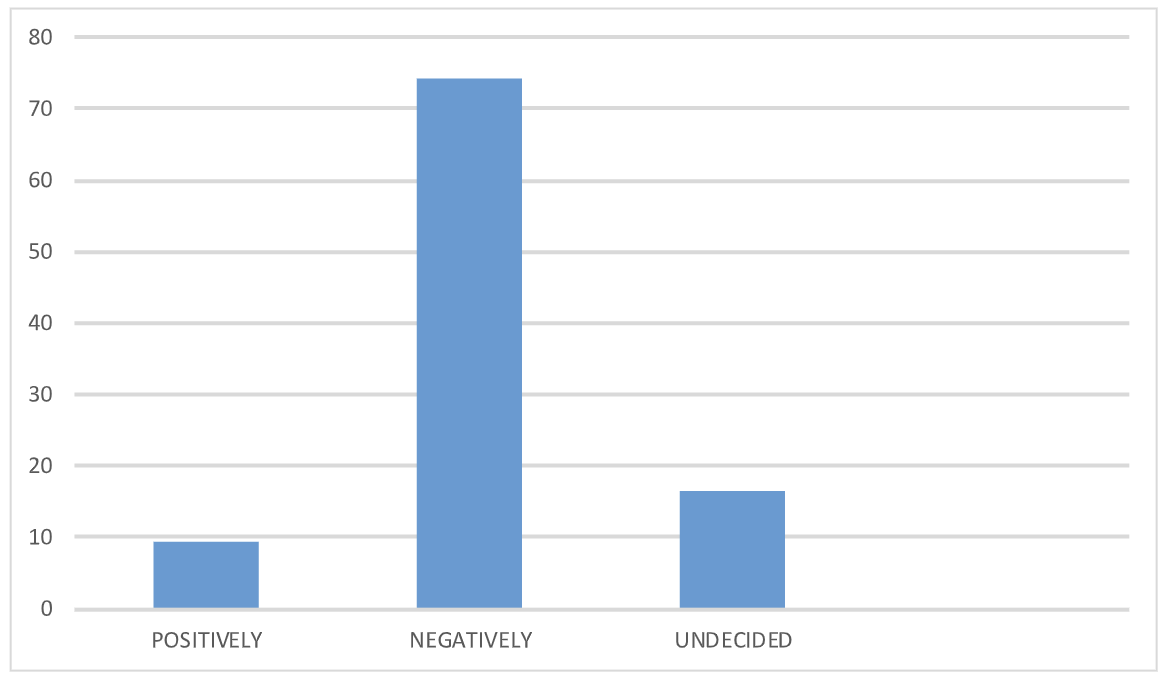
7. How would you assess the work of the Special Prosecution Office (SJO) lead by the chief public prosecutor Katica Jeneva?
- POSITIVELY 79,2%
- NEGATIVELY 14,4%
- UNDECIDED 6,4%
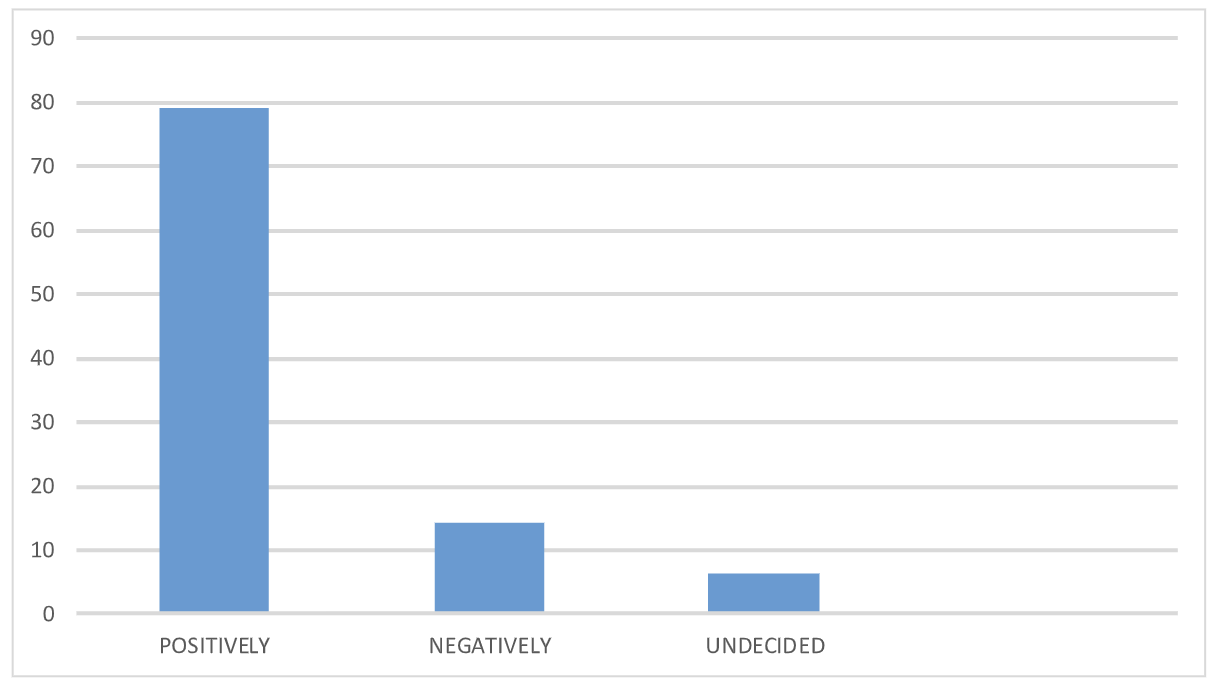
8. Do you consider EU and NATO membership to be the right strategic orientation of the Republic of Macedonia?
- YES 79,8%
- NO 12,5%
- UNDECIDED 7,7%
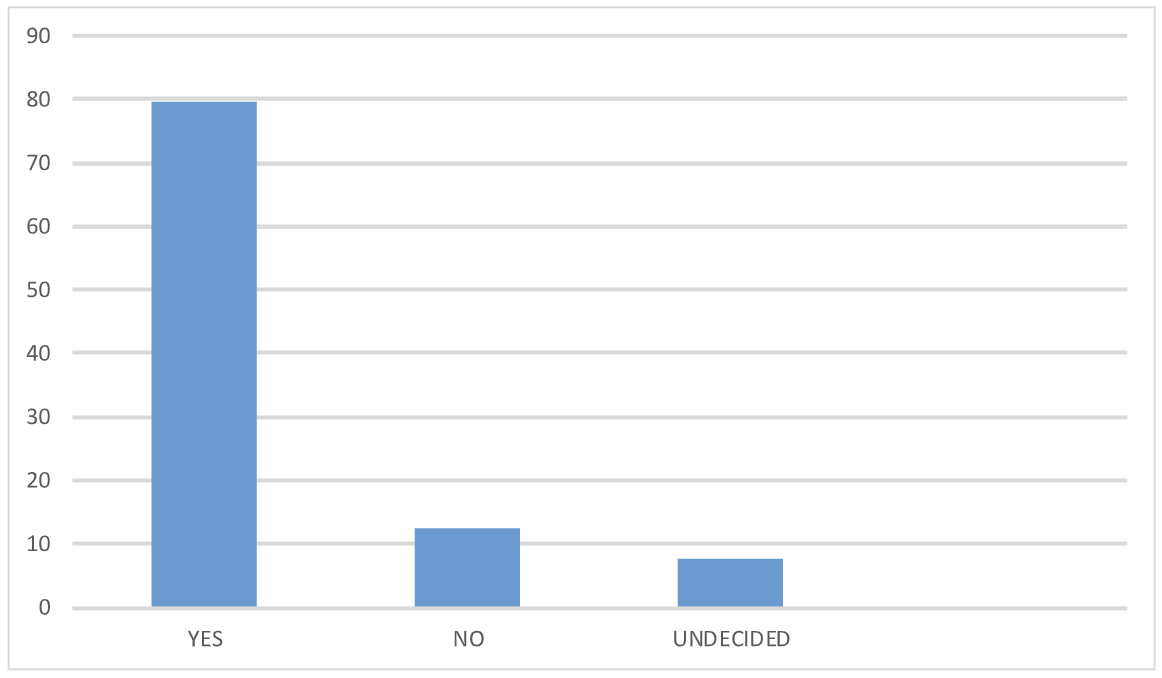
9. Do you think that the citizens of Macedonia should show unity regardless of their ethnic and political differences when it comes to achieving full membership in NATO and the EU?
- YES 86,7%
- NO 8,2%
- UNDECIDED 5,1%
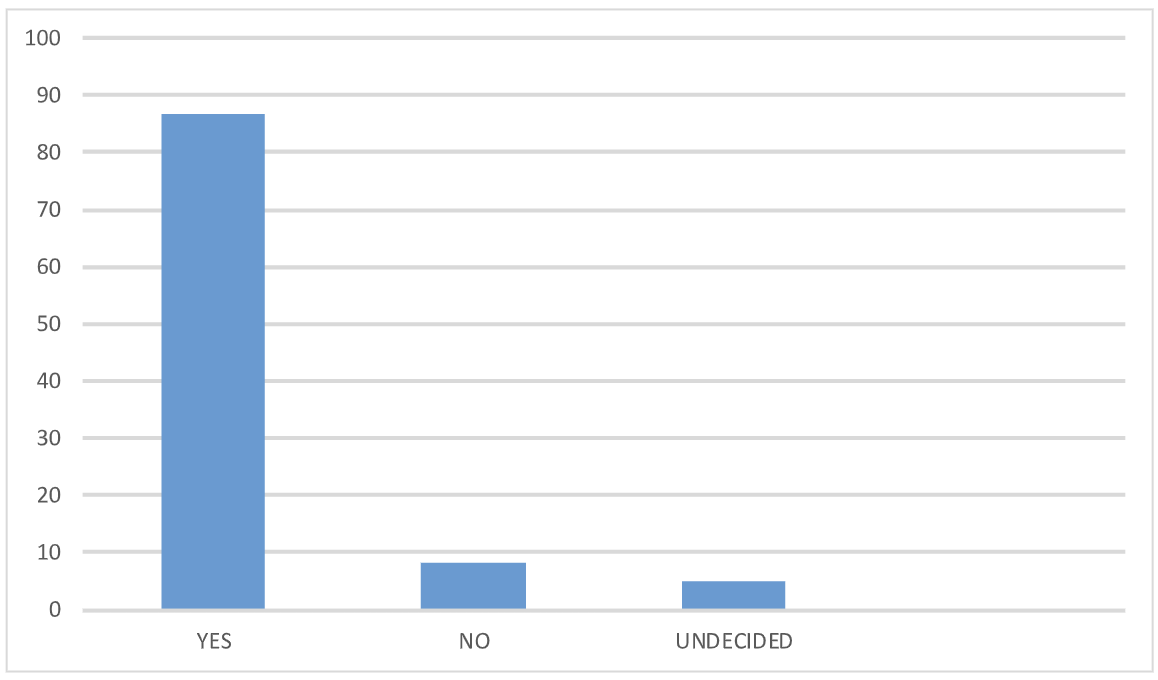
10. Are you as the citizen of Macedonia optimistic about the future?
- YES 68,2%
- NO 18,8%
- UNDECIDED 13,0%
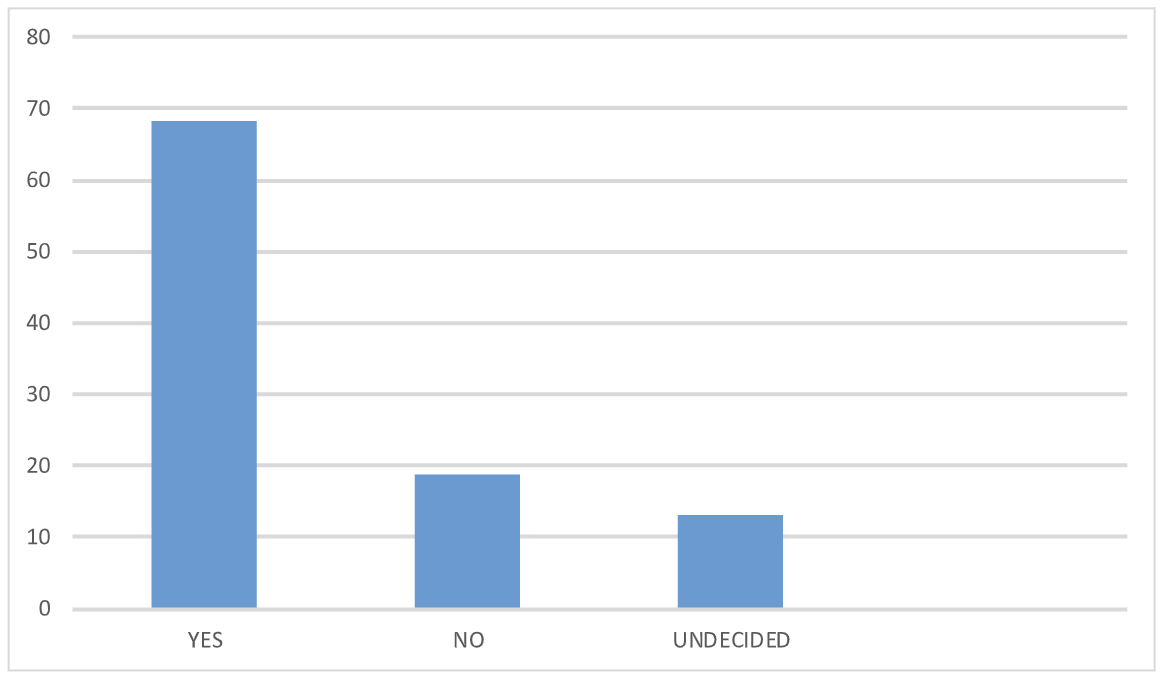
Ljubljana, 15 September 2018